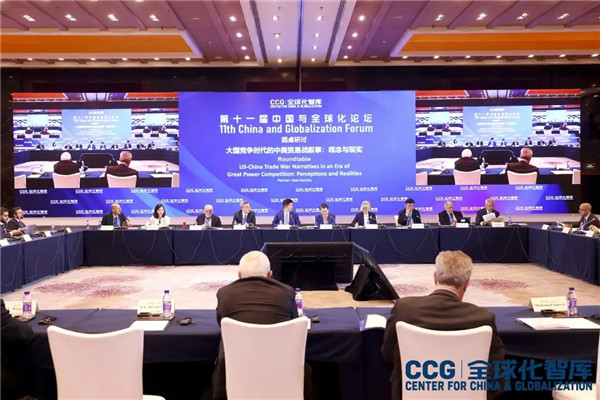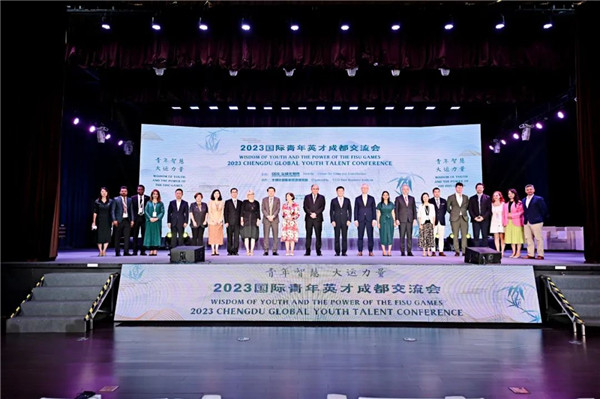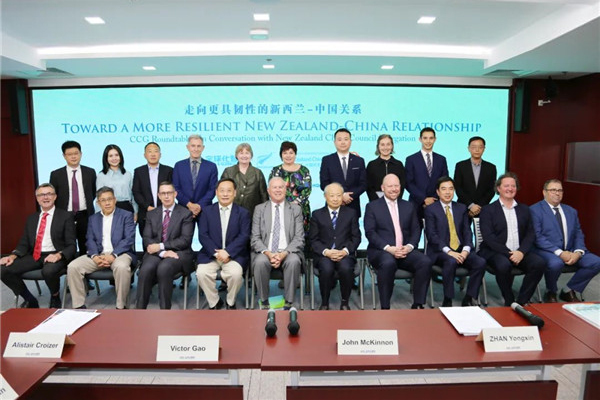CCG webinar: Global cooperation to overcome COVID-19

From June 9 to 10, the Global Think Tanks Online Forum on International Cooperation to Combat COVID-19 was held in Beijing. The event brought together more than 160 think tanks and media representatives from 48 countries and nine international organizations to exchange views on strengthening solidarity and cooperation and building a community of human health.
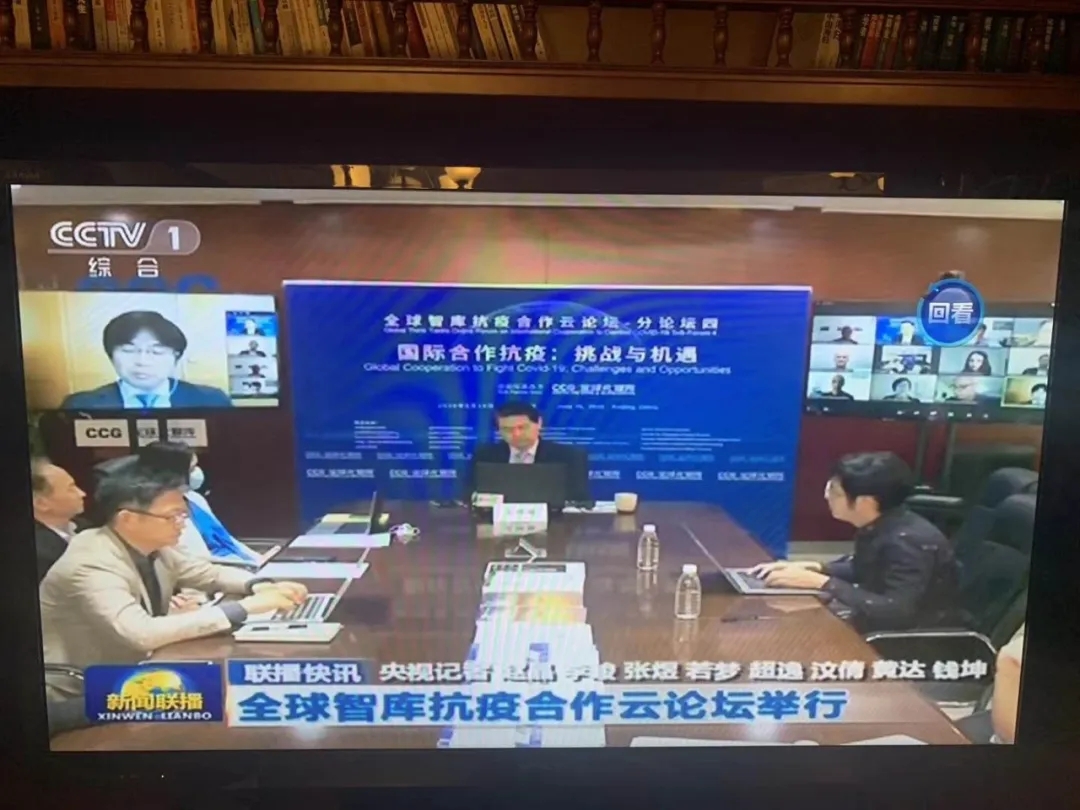
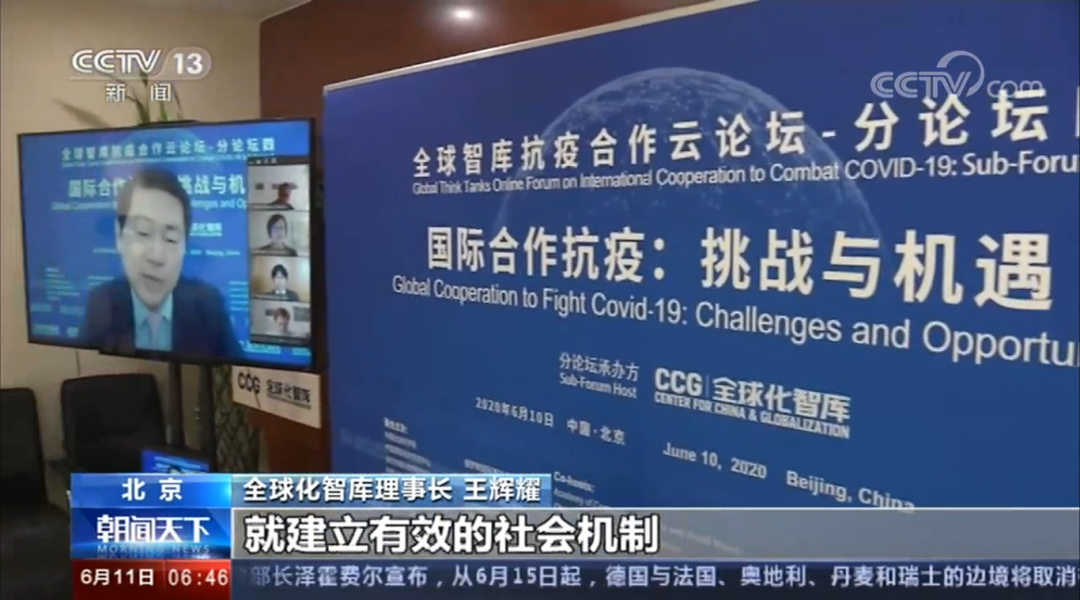
On June 10, the Center for China and Globalization (CCG) hosted a sub-forum of the Global Think Tanks Online Forum on International Cooperation to Combat COVID-19, titled “Global Cooperation to Fight COVID-19: Challenges and Opportunities.” The sub-forum saw a discussion on countries’ collective response to the public health crisis featuring more than 20 experts and representatives of international organizations from the United States, the United Kingdom, Canada, Japan, Germany, Russia, India, Croatia, Ukraine, Poland, Nepal, Malaysia, Egypt, Georgia, and Brazil.
Panel 1
http://video.ccg.org.cn/9737681152bf42658f285525e9f99e55/d8ece04db8884a1eb1295b71f7bfb794-0010ece789d994ce6b670a28f4e59fab-sd.mp4
Panel 2
http://video.ccg.org.cn/f135d21533864dbbb48e986811a5598e/8a45ea0aaf1842b8a03ec3b22d1379a4-0893af0bedcd8db3c496774e82c04199-sd.mp4
The importance of global cooperation in combating COVID-19

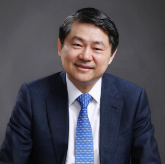
CCG President Wang Huiyao said that the world is experiencing unprecedented challenges from the pandemic. To respond to the crisis, it is important to promote experience sharing on governance among countries, so the crisis can be turned into an opportunity to strengthen global cooperation and promote global governance and globalization.

Michele Geraci, former undersecretary of State at the Italian Ministry of Economic Development, pointed out that the pandemic could erase development gains for some industries in certain sectors, such as tourism and transportation. In contrast, digital industries have been boosted during this crisis, which could be a plus for globalization.
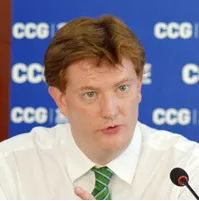
Sir Danny Alexander, vice president and corporate secretary at the Asian Infrastructure Investment Bank (AIIB), highlighted the importance of focusing on both the immediate crisis response and longer-term economic needs. He explained that in the long run, assistance from the AIIB through financing infrastructure projects can help enhance the sustainable economic development of the Asia region and beyond. He added that this kind of investment is going to be even more needed for economic recovery after the crisis.

Ulrich Blum, founding director of the Center for Economics of Materials, said that governments did not play an effective role when the COVID-19 outbreak emerged. He called to increase economic robustness without rolling back globalization and to refrain from economic nationalism that harms globalization. He said that we should strengthen the role of multilateral institutions such as the World Trade Organization (WTO) and the AIIB.
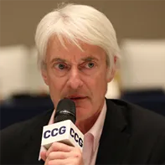
Laurence Brahm, CCG senior fellow and founding director of the Himalayan Consensus Institute, complimented China’s solidarity and unity in fighting COVID-19. He said that China’s traditional values of Confucianism helped to bring people together in collaboration rather than conflict, but that some of these values have not been understood by the West. He pointed out that this is a time when we need to share experience and learn from each other rather than move towards decoupling.

Yuya Hasegawa, managing director of the Japan External Trade Organization (JETRO) in Hong Kong, stressed that the pandemic has shown the need to strengthen global cooperation to reduce the negative effects of interdependence among countries and building trust. He said that international institutions could play a key role in mitigating the negative impacts of interdependence while maximizing the gains to encourage global cooperation.

Ji Hongbo, the Asia Foundation’s country representative in China, said that China’s private sector and NGOs have played an increasingly important role in fighting against COVID-19, demonstrating the enormous development of China’s civil society. She pointed out that a better legal framework, coordination with the government, and stronger public awareness will support the development of Chinese NGOs.
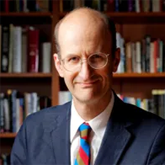
Emanuel Yi Pastreich, director of the American Institute of Asian Studies, stressed that both the United Nations and the World Bank emphasize overall human interests rather than personal interests. He called us to value and promote sustainable development in order to create a better future.

Anushka Prasad, founding director of India China Foundation, said that the biggest crisis in the pandemic across the world is the crisis in leadership. She pointed out that it is necessary to combine humanitarianism with leadership, maintain humility, and improve capabilities through learning in responding to the crisis. Furthermore, instead of feeling anxious about the rise of other countries, the United States should be leading the global response to our many challenges.

Hannah Muthoni Ryder, chief executive officer at the African Development Research Center, made points from an African perspective and said that for African countries, the key issues and solutions to the crisis need to be both health- and economic-based. She stressed that the global response so far has been to some degree helpful, but it is not enough.

Francisco Trigo, executive director of the Asian Food Industry Association (FIA), said that what is most needed now is a space for reflection, analysis and research to increase knowledge about COVID-19 and anti-pandemic measures and to propose more creative solutions by establishing better mechanisms for effective collaboration between relevant international and domestic institutions in the future.

Tan Sri Michael O.K. Yeoh, president of Kingsley Strategic Institute, said that the pandemic reflects the importance of international cooperation and multilateralism. He said that as far as East Asia is concerned, such cooperation is needed in finance, international trade and infrastructure construction. He emphasized that the signing of the Regional Comprehensive Economic Partnership Agreement (RCEP) should be accelerated and should be completed at the Hanoi East Asia Summit in November this year.
Will the pandemic crisis be a turning point in globalization?
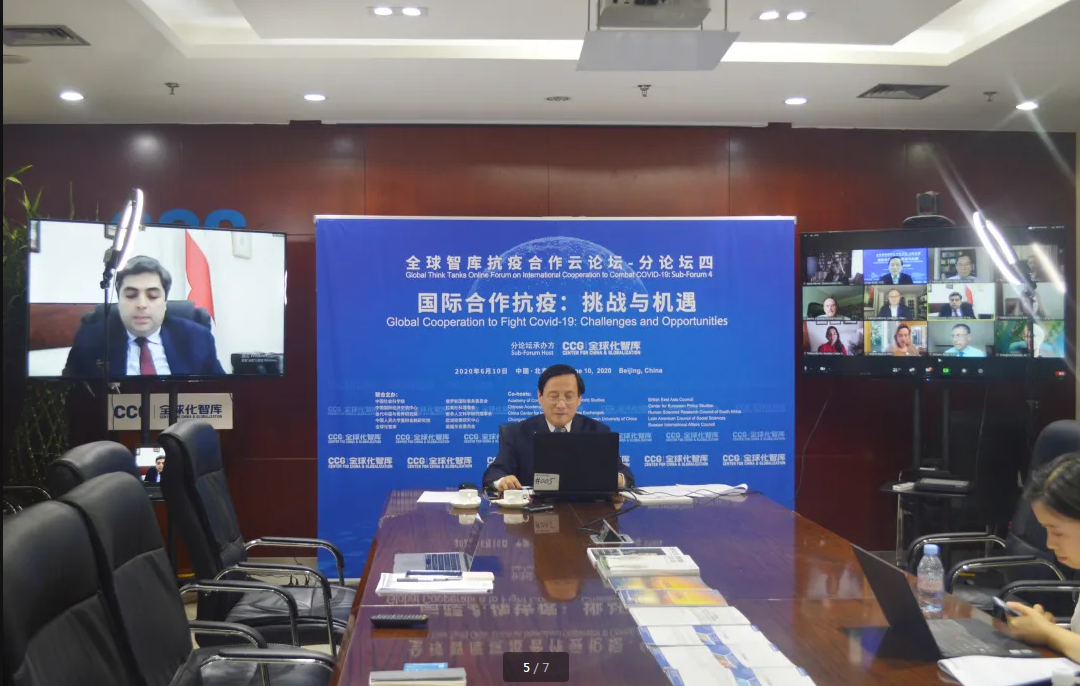

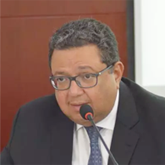
Ziad Bahaa Eldin, former prime minister of Egypt, noted that we must be serious about overcoming the current crisis, consciously avoid repeating mistakes of the past and build a more sustainable world. He mentioned the importance of keeping efforts to address COVID-19 away from political influence and pressures, trusting science, and jointly mobilizing forces and to put forward ambitious plans to allow particularly developing countries to deal with economic repercussions.
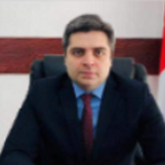
Archil Kalandia, Georgian ambassador to China, pointed out that our primary task now is to control and manage the process and adapt to a new normal after the pandemic. In response to the crisis, he said that we need to stop violence, reduce risks, and should strengthen international trade.
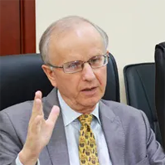
Grzegorz W. Kolodko, former deputy prime minister of Poland and director of Integration and Economic Research Center (TIGER) of Kozminski University in Warsaw, stressed that the cooperative attitude that China and the EU bring to unity through compromise is much better than the approach America takes. He said that existing modes of globalization must be changed and that a new form of pragmatism could bring development to the world.

Patrick Leblond, senior fellow at the Centre for International Governance Innovation (CIGI), said that governments cannot effectively manage the pandemic crisis without the support and close involvement of the business community. He suggested that the government and the business community should strengthen cooperation in the supply of necessities, resumption of work, vaccine manufacturing and distribution, and preventing trade protectionism.
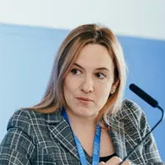
Victoria Panova, vice president for International Relations of the Far Eastern Federal University and member of the BRICS Russia Expert Council, said that the most important thing about the current stage of globalization is human well-being and security, which are valuable assets for today’s world.

Jacques Pellet, director of the ICRC Regional Delegation for East Asia, said that we need much stronger political involvement from all countries and more focus on international cooperation, even though we currently lack trust in international organizations.

Jasna Plevnik, president of the Geoeconomic Forum Croatia, said that China has demonstrated its ability to establish a global health system, consolidate economic globalization, and improve multilateralism during this global crisis.
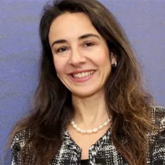
Tatiana Rosito, senior researcher of the Brazilian Center for International Relations, said that the pandemic in Brazil hit hardest in the poorest and least educated regions of the country. She added that Brazil and the entire Latin American region face serious economic and social inequalities while the international community only can provide limited financial support.
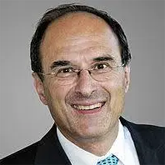
Dennis J. Snower, president of the Global Solutions Initiative, highlighted three issues that need to be considered in the fight against the pandemic, including finding an effective multilateral governance mechanism, continually supporting the international institutions that have promoted cooperation in the current crisis, and seriously considering the present economic crisis and how to implement new distribution policies.
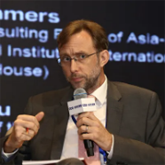
Tim Summers, senior researcher of the Royal United Services Institute, called for bottom-up collaboration, particularly in research and science and innovation in response to global challenges. He suggested that governments should speak and behave in a way that reinforces the autonomy of universities and other research institutes and allow experts in innovation and industry to tackle those challenges. He added that third parties other than China and the United States such as the EU and Southeast Asian countries may be able to play a greater role in responding to global challenges.
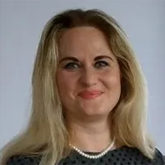
Nataliya Vinnikova, vice president of Greenchenko University, said that the pandemic has created a great crisis for high education. She suggested that the government should consider providing support for the higher education system through subsidized loans, unemployment benefits and student subsidies.
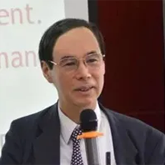
Naoyuki Yoshino, former director of the Asian Development Bank Research Institute and professor at Keio University in Japan, said that international cooperation is essential in capital markets so that countries can keep on lending money. Otherwise, shortfalls of short-term capital will have a huge impact on many emerging countries. He stressed that public-private partnerships (PPP) are an effective way to support infrastructure investment.
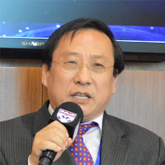
Victor Gao, vice president of the Center for China and Globalization (CCG), said that global cooperation is not only necessary but also the only way that we can overcome the crisis. He noted that no country can build walls and isolate itself to deal with the pandemic crisis.
About the Global Think Tanks Online Forum on International Cooperation to Combat COVID-19:
The forum was jointly organized by ten think tanks including the Chinese Academy of Social Sciences, the China Center for International Economic Exchanges, the Institute for Contemporary China and the World, Chongyang Institute for Financial Studies (Renmin University of China), the Center of China and Globalization, and the Russian International Affairs Council, the Latin American Council for Social Sciences, the Human Sciences Research Council of South Africa, Centre for European Policy Studies, and Britain’s East Asia Council.
The main forum on the evening of June 9 was chaired by Xie Fuzhan, President of the Chinese Academy of Social Sciences. During the forum, Chinese and foreign dignitaries and representatives of international organizations gave remarks. Xu Lin, deputy head of the Publicity Department of the Communist Party of China (CPC) Central Committee and minister of the State Council Information Office of China delivered a keynote speech. Participants included former Japanese Prime Minister Yasuo Fukuda, former Kyrgyz President Roza Otunbayeva, former Australian Prime Minister Rudd, former Croatian President Stepan Mesi?, former Slovenian President Danilo Turk, former Prime Minister of Egypt Isam Sharif, former Vice Premier Zeng Peiyan of the State Council, the eighth secretary-general of the United Nations Ban Ki-moon, former director-general of the World Trade Organization Pascal Lamy, and secretary-general of the Shanghai Cooperation Organization Vladimir Norov. Many guests agreed that the pandemic has had a negative impact on global governance and that countries should focus on deepening cooperation on economic recovery, vaccine research and development, environmental protection, and digital governance, and strengthen their support for developing countries.
During the forum, a number of participants delivered speeches, including Igor Ivanov, chairman of the Russian International Affairs Council, Zhu Min, head of National Institute of Financial Research (Tsinghua University), Daniel Gross, director of the Center for European Policy Studies, Zhong Nanshan, academician of Chinese Academy of Engineering, Joseph Stiglitz, professor of Columbia University, Iqbal Survé, executive chairman of Independent Media of South Africa. They declared that the international community should strengthen solidarity to win the war against coronavirus, protect the safety and health of human life with science, and promote the construction of a human health community. Think tanks of various countries should contribute insights to strengthen global cooperation in the fight against coronavirus and promote global economic development.
